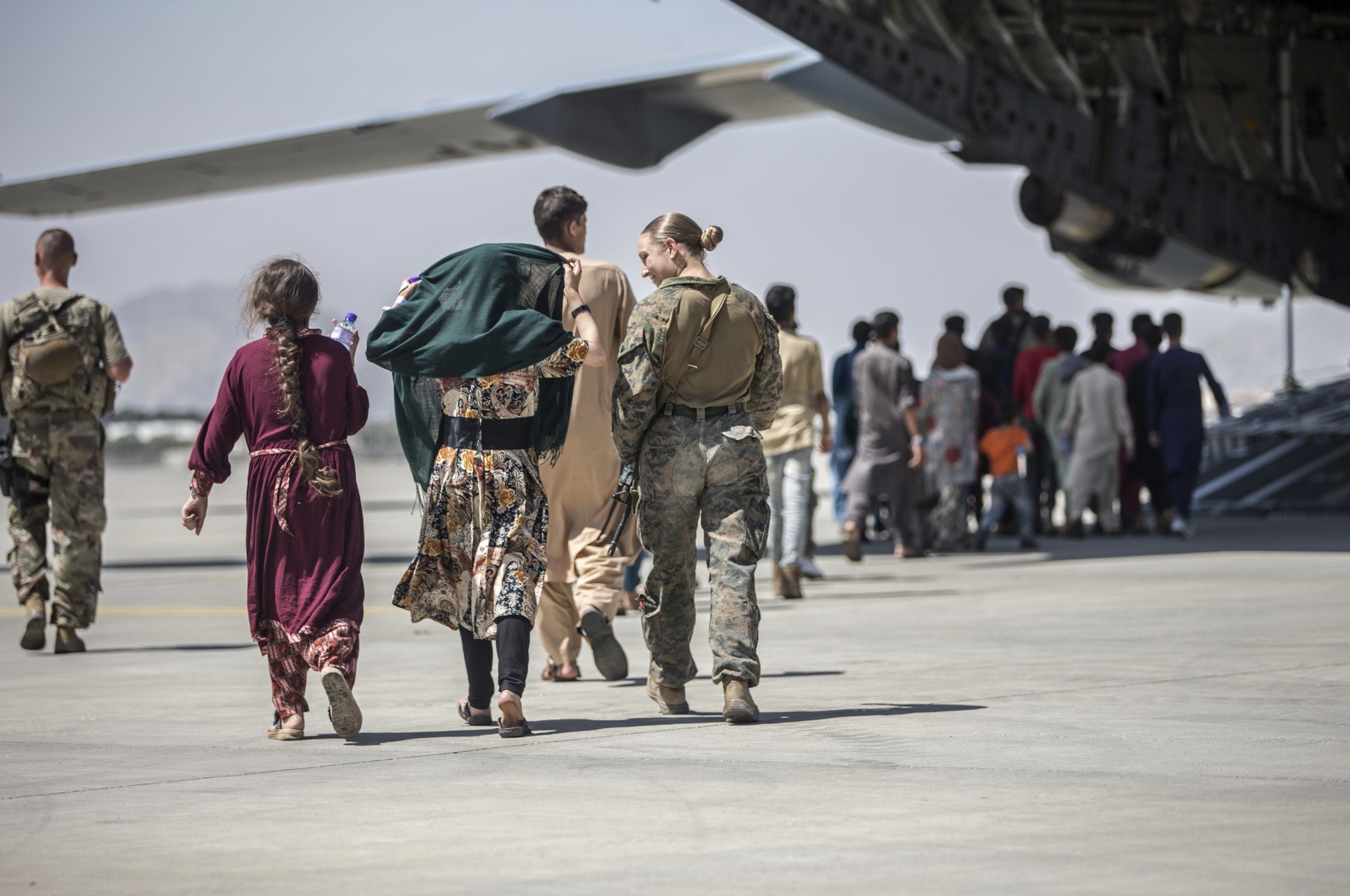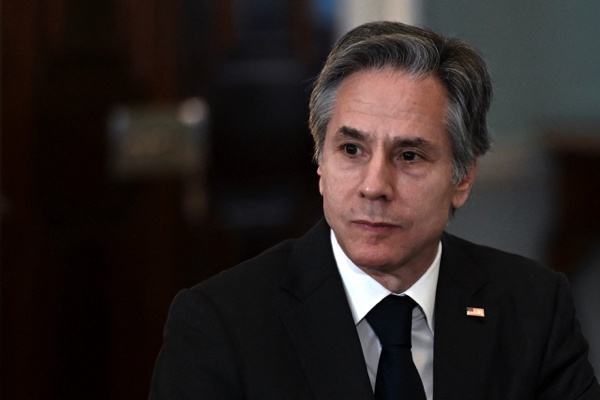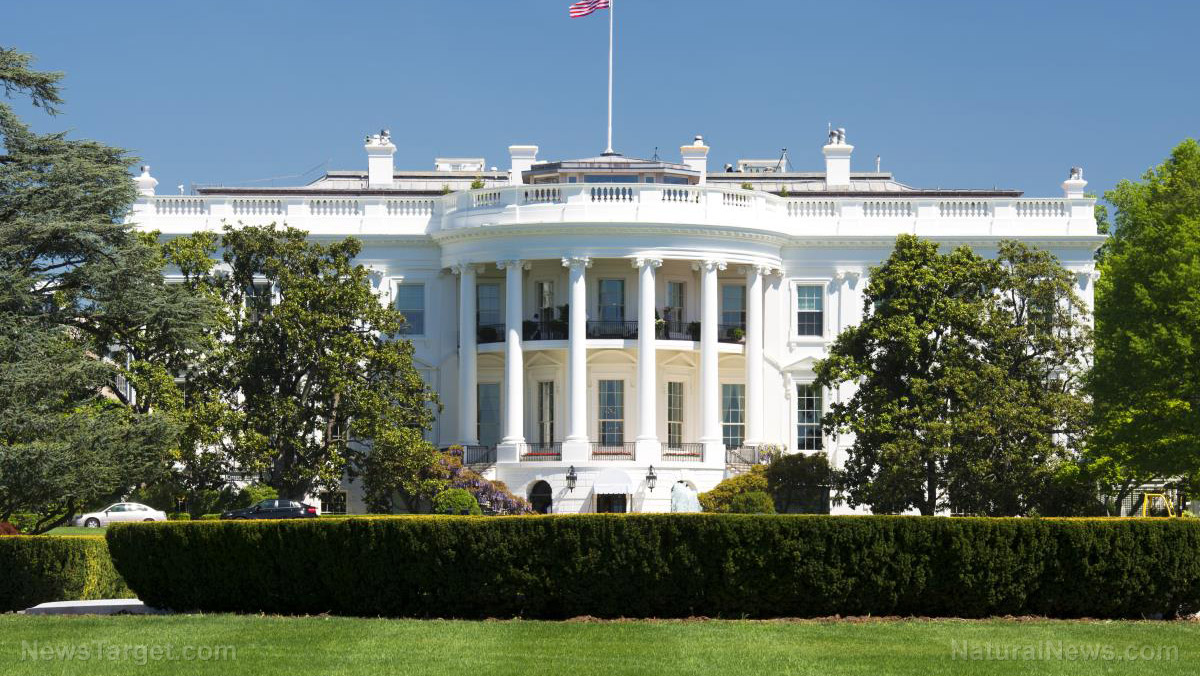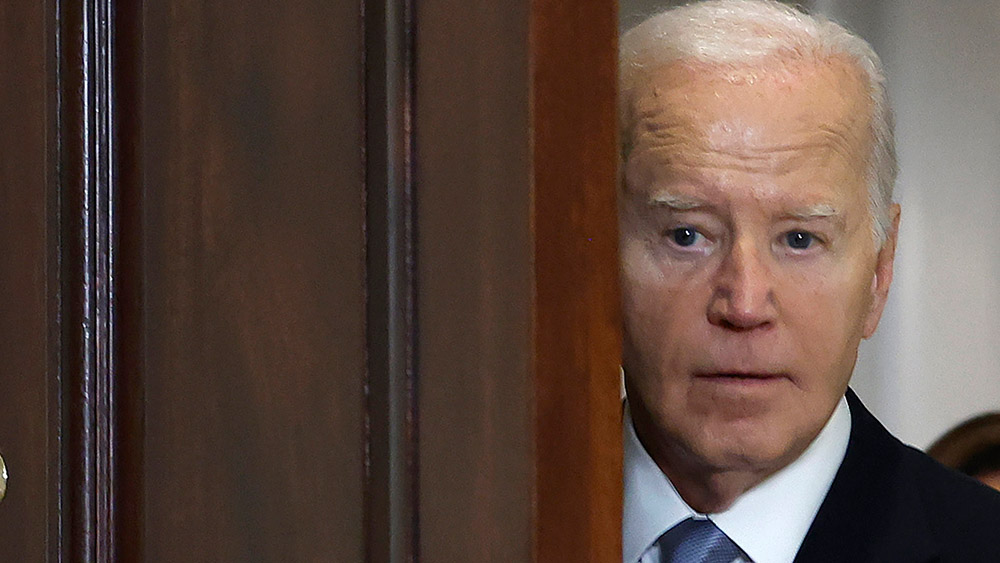
An American intelligence assessment found that it would be difficult for Israel to succeed in a war against Hezbollah amid ongoing fighting in Gaza, according to an exclusive report of the Washington Post.
The Defense Intelligence Agency (DIA) in Washington found that Israeli forces would not win in a two-front war against Hamas in the beleaguered enclave and Hezbollah in Lebanon despite the Israeli Defense Forces (IDF) being in continued exchanges of fire with the militants since the start of the war in October 2023.
"If it were to do so, a new secret assessment from the Defense Intelligence Agency (DIA) found that it would be difficult for the IDF to succeed because its military assets and resources would be spread too thin given the conflict in Gaza," citing two sources and a classified report by the DIA. More than a dozen administration officials and diplomats spoke to the news outlet for the said report, with the condition of anonymity to discuss the sensitive military situation between Israel and Lebanon.
While Israeli Prime Minister Benjamin Netanyahu has promised to make a "fundamental change" to the security situation along the Lebanese border, American officials have privately warned him against opening a second front. Also, Hezbollah's pounding of an Israeli intelligence base with missiles on Saturday in response to Israel assassinating a senior Hamas leader in Beirut several days earlier has marked a significant escalation. It would be important to note as well that Israel's military relies on reservists to swell its ranks in times of conflict. The IDF called up around 360,000 reservists when the war with Hamas began, although a senior Israeli official told Reuters last week that an undisclosed number would soon be released from duty.
Hezbollah's leader Hassan Nasrallah also claimed in November that his forces had tied up around a third of Israel's troops along the Israel-Lebanon border, preventing them from being deployed to Gaza. He added that the rebels' continued skirmishes with the IDF were causing "a state of anxiety, anticipation, panic and fear among the enemy's political and military leadership." In a recent speech, Nasrallah vowed a response to Israeli aggression, while hinting that he might be open to negotiations on border demarcation with Israel.
A full-scale conflict between the two nations would surpass the bloodshed of the 2006 Israel-Lebanon war on account of Hezbollah’s substantially larger arsenal of long-range and precision weaponry, the paper stated, citing officials who also warned that the militant group could launch missile attacks on Israeli petrochemical plants and nuclear reactors. One more thing is that further escalation could draw Iran into the war and eventually the U.S., sources said.
Blinken pushes for de-escalation while Hezbollah attacks anew
U.S. Secretary of State Antony Blinken arrived in Israel, ahead of the visit to the West Bank, Qatar, the United Arab Emirates, Saudi Arabia and Egypt where he will discuss specific steps to "avoid escalation." "It is in no one's interest – not Israel's, not the region's, not the world's – for this conflict to spread beyond Gaza. But that view is not uniformly held within Israel's government," Blinken's spokesman Matthew Miller said before boarding a plane to the Middle East.
Meanwhile, the Lebanese militants launched about 40 rockets into Israel on Saturday, one of the largest barrages in recent months. The IDF claimed it launched airstrikes and fired back at militants who had been launching rockets. The Iranian-backed armed group said it fired rockets at an Israeli observation post as an initial response to the killing of Hamas leader Saleh al-Arouri on Tuesday. Lebanese officials said Arouri's killing was a suspected Israeli attack but Israel has neither confirmed nor denied carrying out the strike. (Related: Hezbollah's "initial" response to assassination of top-ranking Hamas leader involved striking Israeli intelligence base with more than 60 rockets.)
Amid all the conflict, Blinken stood firm on the belief that both Israel and Lebanon have an interest in avoiding escalation. "Nothing is inevitable because countries are clearly going to calculate what their interests are," he told reporters. He added that the U.S. would continue to focus on getting the hostages out of Gaza and expressed concern over the humanitarian situation there, which he called dire.
To date, more than 22,000 people, mostly women and children, have been killed since Israel launched a military operation in Gaza aimed at toppling Hamas from power, according to Palestinian health officials. The number does not distinguish between combatants and civilians.
Catch the latest updates on the Israel-Hamas war at Chaos.news.
Sources for this article include:
Please contact us for more information.




















